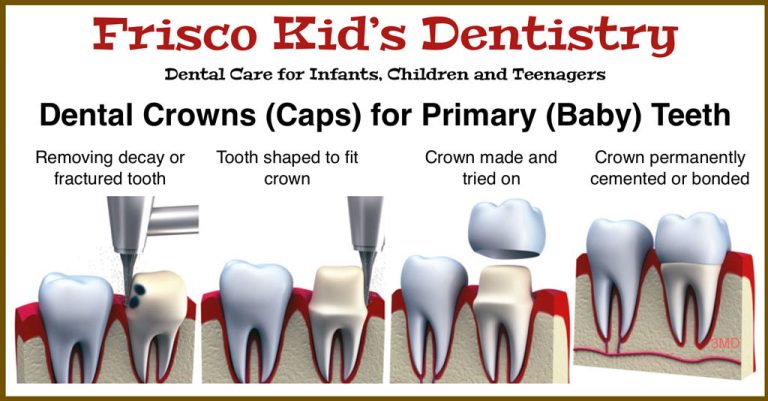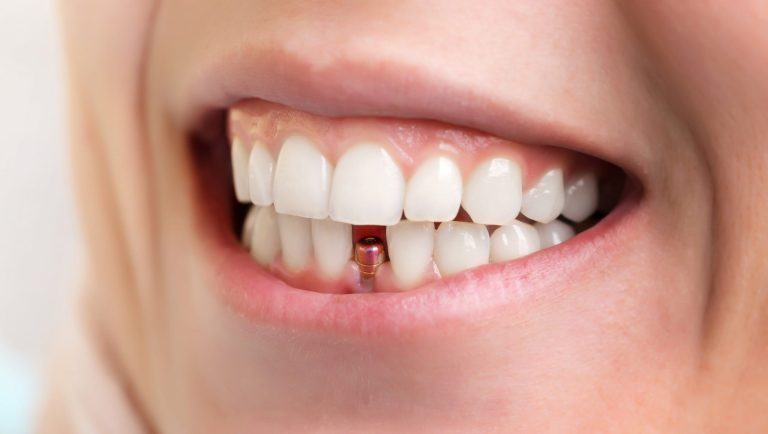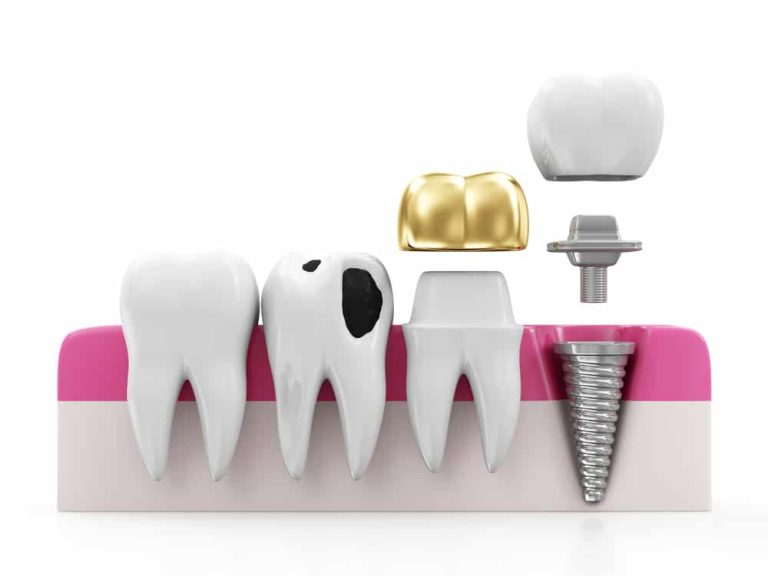Dental Crown Pain After Root Canal: How to Find Relief
Last Updated on 6 months by DR. ALBIN SIPES
Various factors can cause dental crown pain after a root canal and should be evaluated by a dentist for proper diagnosis and treatment. This article aims to provide insights into the possible causes of dental crown pain after a root canal and potential remedies to alleviate discomfort.
The discomfort may arise due to issues like an ill-fitting crown, nerve damage during the root canal, an infection, or high crown placement causing bite problems. Identifying the exact cause will help determine the appropriate solution, which could involve adjusting the crown, performing a root canal retreatment, or addressing an underlying infection.
It is crucial to seek professional advice to ensure the pain is effectively managed and the oral health is well-maintained.
Reasons For Dental Crown Pain After Root Canal
Various factors can cause dental crown pain after a root canal. Certain types of pain can occur, each with its characteristics. Inflammation is one such type, often resulting in discomfort around the crowned tooth. Other causes may include an improper crown fit or damage to the surrounding tissue during the root canal procedure.
It is essential to consult with a dentist if you experience dental crown pain after a root canal, as they can accurately identify the cause and provide suitable treatment. The pain can be alleviated by addressing the underlying issue, allowing you to enjoy the full benefits of your restored tooth.
Remember to seek professional advice to ensure a comfortable and pain-free dental experience.
Managing Dental Crown Pain After Root Canal
Dental crown pain after a root canal can be managed effectively with various home remedies. One option is to try over-the-counter pain medications for relief. These can help alleviate discomfort and reduce inflammation. Another method is to use a cold compress on the affected area.
A cold pack can numb the area and temporarily relieve dental crown pain. Using these remedies with any prescribed pain medication can help you find much-needed relief. Remember to follow the instructions provided with any medication and consult your dentist if the pain persists or worsens.
By incorporating these simple techniques into your dental care routine, you can effectively manage dental crown pain after a root canal.
Frequently Asked Questions Of Dental Crown Pain After Root Canal
Can A Dental Crown Cause Pain After A Root Canal?
Yes, it is possible to experience pain after getting a dental crown following a root canal procedure. Various factors, such as improper fit, nerve irritation, or an underlying infection, can cause this discomfort.
How Long Does Dental Crown Pain Last After A Root Canal?
In most cases, any discomfort associated with a dental crown after a root canal should subside within a few days to a week. If the pain persists or worsens, you must contact your dentist for further evaluation and potential adjustments to the crown.
What Can I Do To Alleviate Dental Crown Pain After A Root Canal?
To alleviate pain after getting a dental crown following a root canal, you can try over-the-counter pain relievers, such as ibuprofen, as your dentist directs. Maintaining good oral hygiene and avoiding chewing on hard or sticky foods can also help reduce discomfort.
Is It Normal To Experience Sensitivity After Getting A Dental Crown?
Yes, it is expected to experience temporary sensitivity to hot or cold sensations after getting a dental crown, especially immediately after the root canal procedure. However, if the sensitivity persists or becomes increasingly painful, it is essential to consult with your dentist to ensure proper healing and identify any underlying issues.
Why Is My Dental Crown Hurting When I Bite Down?
If your dental crown hurts when you bite down, it may indicate an improper fit or alignment. Additionally, the crown might be placed too high, causing excessive pressure on the surrounding teeth or gums. It is advisable to schedule an appointment with your dentist to address and resolve the issue.
Conclusion
After undergoing a root canal, experiencing dental crown pain is not uncommon. However, it is essential to note that this discomfort is usually temporary and should subside with time. The pain usually results from inflammation or sensitivity in the treated area.
Following your dentist’s instructions regarding pain management and oral hygiene practices is vital to promote healing and alleviate discomfort. Applying ice packs, taking over-the-counter pain relievers, and sticking to a soft diet can also help ease any lingering pain.
If the pain persists or worsens over time, it is crucial to consult your dentist to rule out any underlying issues. Remember, every individual’s experience may vary, so it is vital to be patient and gentle with your mouth during the healing process.
For Additional help, you can also read these from quora



